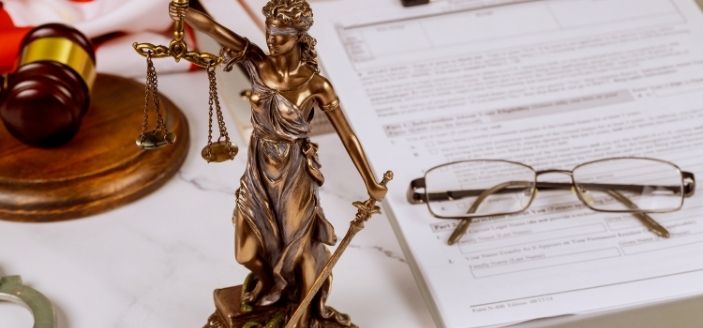29 Sep Injunction prohibiting the sale of a property

Injunction prohibiting the sale of a property
by George Coucounis
“The injunction secures the future execution of a Court judgment”
THE possibility of obtaining an injunction when filing a lawsuit by the plaintiff, which prohibits the defendant from the alienation or encumbrance of his immovable property is provided by law and is a remedy under the law of equity. The purpose is the possibility of satisfying a Court judgment that may be issued in favour of the plaintiff. This remedy is offered for a wide range of cases regardless of the cause of action. In order for the applicant to succeed, he must place before the Court the facts and the documents relied on, as well as a valuation report for the property he seeks to restrain. Moreover, there is a legal principle that the applicant appearing before the Court must disclose all the facts, since otherwise he may be held as having misled the Court and any order issued will be annulled. The applicant also needs to apply to the Court as soon as possible and not to leave the issue pending for a long time, since he will be considered as having waived such a right unless other circumstances justify the issue of the order. He can apply through an ex parte application or by summons and the Court has discretionary power to order the application to be served to the interested opponent party so that to be heard, too. Under such circumstances both parties will be heard at a very early stage and the Court will decide whether it is fair to just to issue the order or not.
The Court does not make findings on the substance of the case, but proceeds to consider the matter based on article 32 of the Courts Law and article 5 of the Civil Procedure Law, Cap.6. It is enough to consider the cause of the action, which must be good in the sense of having a chance of success. For the Court to decide in favour of the issue of an injunction prohibiting the sale or disposal of an immovable property for the purpose of ensuring the execution of a judgment, three requirements must be satisfied: (a) the applicant to prove that there is a serious issue to be tried, that is whether he has an arguable case, (b) that there is a possibility that the plaintiff is entitled to a remedy, that is, to demonstrate that he has a visible chance of success, more than a mere chance but something less than a balance of probabilities, and (c) that unless the interim injunction is issued, it will be difficult or impossible to administer justice at a later stage. In essence, the issuance of the injunction seeks to ensure in the future the satisfaction of a judgment which may be issued in favour of the plaintiff for the payment to him by the defendant of compensation or other monetary relief.
The Court, having examined the above three conditions, proceeds further to conclude whether it is just or convenient to grant the injunction. According to article 5(2) of Cap.6, such an order is not issued unless it seems to the Court that with the sale or transfer of the property to a third person, it is possible the plaintiff to be hindered from satisfying the judgment to be issued in his favour. As mentioned in case law, it does not appear as a necessity to give evidence about the defendant’s real intention for alienation or encumbrance. What matters is the potential impact that the alienation or encumbrance will have on the satisfaction of the Court judgment that may be issued. That is, the risk that the Court judgment will not be satisfied if the property is transferred or encumbered. If the third condition is cumulatively satisfied and the Court on the basis of the testimony finds that the balance of probabilities is to the favour of the plaintiff, it examines whether the issuance of the injunction is appropriate and fair in the circumstances.
In a judgment issued by the District Court of Limassol on 4.6.2021 concerning a mortgaged property pending its sale at auction by a creditor, the Court found that the plaintiff was in violation of his duty, since he hadn’t disclosed to the Court that the defendant’s property was mortgaged. According to the Court, mortgaging a property is an essential fact that differentiates its legal status and, consequently, its real possibilities. The plaintiff actively concealed from the Court that the property which he was seeking to restrain was mortgaged for the benefit of a third party and presented to the Court a false picture. Failure to do so, which also constitutes misleading of the Court, resulted in the Court annulling the injunctions issued.